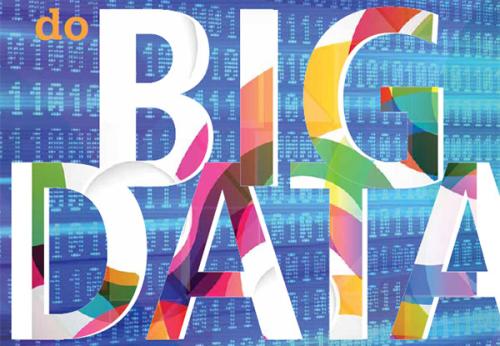Exploration of the physical environment is an indispensable precursor to data acquisition and enables knowledge generation via analytical or direct trialing. Artificial Intelligence lacks the exploratory capabilities of even the most underdeveloped organisms, hindering its autonomy and adaptability. Supported by cognitive psychology, this works links human behavior and artificial agents to endorse self-development. In accordance with reported data, paradigms of epistemic and achievement emotion are embedded to machine-learning methodology contingent on their impact when decision making. A study is subsequently designed to mirror previous human trials, which artificial agents are made to undergo repeatedly towards convergence. Results demonstrate causality, learned by the vast majority of agents, between their internal states and exploration to match those reported for human counterparts. The ramifications of these findings are pondered for both research into human cognition and betterment of artificial intelligence.
翻译:探索物理环境是获取数据的一个不可或缺的先导,有助于通过分析或直接试验生成知识。人工智能缺乏即使是最不发达的有机体的探索能力,妨碍了其自主性和适应性。在认知心理学的支持下,这项工作将人类行为和人工代理物联系起来,以认可自我发展。根据所报告的数据,认知和成就情感的范式嵌入于机器学习方法中,取决于其在决策时的影响。随后设计了一项研究,以反映以往的人类试验,这些试验是人造代理物被反复地逼向趋同。研究结果表明,绝大多数代理人在其内部状态和探索之间学到的因果关系,以便与报告给人类对应方的相匹配。这些研究结果的后果在研究人类认知和人造智能的改善过程中都得到了思考。



